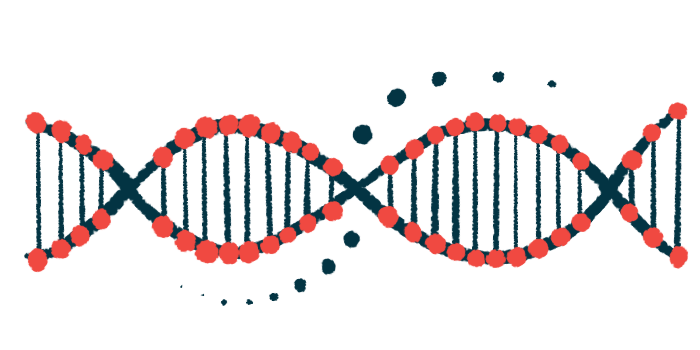Psomagen to lead analysis in global genetics study in Parkinson’s
Worldwide GP2 program seeking to understand disease’s genetic underpinnings

U.S.-based Psomagen, a contract research services provider, has announced that it will lead an analysis of data from the 80,000 participants enrolled in the Global Parkinson’s Genetics Program (GP2) — an initiative seeking a better understanding of the genetic underpinnings of Parkinson’s disease.
Results from the analysis, which will run over the next 2.5 to 3 years, are expected to support the development of new, more effective therapies for the neurodegenerative disease.
A global program, GP2 is led by Andrew Singleton, PhD, and Cornelis Blauwendraat, PhD, of the National Institutes of Health. GP2 is part of Aligning Science Across Parkinson’s (ASAP), a research initiative that ultimately aims to inform the path to a potential cure for Parkinson’s disease. It’s managed by the Coalition for Aligning Science and works closely with The Michael J. Fox Foundation for Parkinson’s Research.
Psomagen will perform whole genome sequencing, which can detail new variants in the genome — the entire set of genetic instructions found in a cell — for GP2.
“Our collaboration with Psomagen Inc. is an important step towards ASAP’s vision of improving processes that deliver faster and better outcomes for [Parkinson’s disease],” Ekemini Riley, PhD, ASAP’s managing director, said in a press release.
Work by Psomagen will start immediately, span up to 3 years
Parkinson’s is a neurological condition marked by movement problems and a progressive loss of coordination. Both environmental and genetic factors are thought to play a role in the disease’s development.
GP2, which was launched in 2019, is comprised of more than 160 groups and member organizations that are obtaining global data and samples for emerging research in Parkinson’s. The program specifically aims to involve communities and people traditionally underrepresented in genetics research.
“Diverse cohort samples collected by GP2 from all over the world will be processed and analyzed to generate whole genome sequencing data that can detect new variants, address gaps in our knowledge of [Parkinson’s], and improve the understanding of the disease,” Riley said.
According to the release, the samples will start being processed immediately.
Diverse cohort samples collected by GP2 from all over the world will be processed and analyzed to generate whole genome sequencing data that can detect new variants, address gaps in our knowledge of [Parkinson’s], and improve the understanding of the disease.
“With our nearly 20 years of services experience, the key to our … success has been built on [the] trust of our customers through continued collaborations like our work with the GP2 program,” said Matt Kramer, Psomagen’s vice president of sales and marketing.
“It’s our honor to serve the mission of ASAP and work with GP2 and The Michael J. Fox Foundation in this incredible effort,” Kramer said.
Psomagen will perform the whole-genome sequencing in its laboratories in Rockville, Maryland. The work will be conducted with Ilumina’s NovaSeq X Plus, according to the company.
Nicole Berry, head of the Americas Region at Illumina, said new technology has made such research possible.
“An initiative to sequence and analyze 80,000 whole genomes in this timeframe would not have been possible even 5-10 years ago, so we are really excited that the NovaSeq X Plus will help enable this critical work to advance our understanding of [Parkinson’s disease],” Berry said, adding that “the global cohort built by GP2 will serve to improve the diversity of genomic data that will ultimately inform improved precision therapies for more people with [Parkinson’s disease] around the world.”







